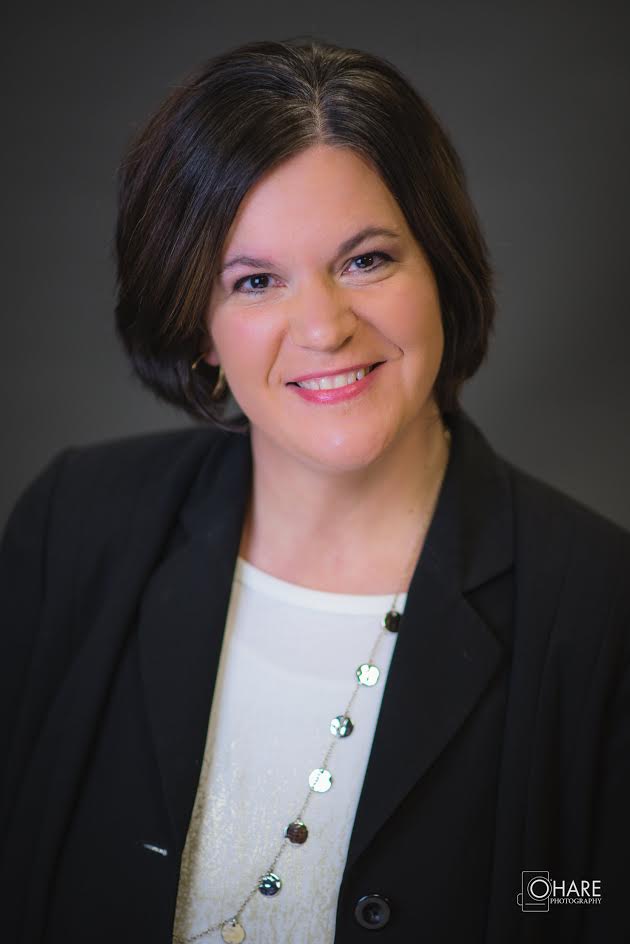
Every Student Means Every Student: Experiences of Nebraska Principals and the Challenges of Educating Students with Emotional Dysregulation
23 Jun 2021 By Elizabeth M. Ericson, Ed.D., 2021
Through her doctoral pathway through UNL and UNK, Dr. Elizabeth Ericson studied the challenges principals face educating children with emotional dysregulation. This “invisible backpack” of behaviors could be caused by mental health struggles, adverse childhood experiences (ACEs), or a host of other factors that cause the students to become emotionally dysregulated.
School administrators are responsible for ensuring that they have practices and personnel to support all learners' diverse needs, and some of the most pressing challenges in educating students is meeting the needs of those who struggle with emotional dysregulation. Despite challenges with students' diverse emotional needs, many schools have developed progressive mission statements. A quick Google search of Nebraska school mission statements yields statements such as, "Every Student. Every Day. A Success!" "Every Student. Every Day. Find A Way!" "Every Student. Every Day. The Bronco Way!" These statements reflect common themes amongst Nebraska districts. School personnel in our state hold fast to the principles of educating all children. Not “some” children or “most” children, but ALL children.
According to the National Longitudinal Transition Study-2, students with significant behavioral issues are much more likely to be suspended, fail a grade, or require behavioral and mental health services more often than students with other types of disabilities. The impact of exclusionary discipline on students is far-reaching and provided a foundation for Dr. Ericson’s project.
Dr. Ericson examined challenges faced by principals to educate ALL children, the resources principals turn to most to educate students with emotional dysregulation, what evidence-based practices were being implemented, and the perceived preparedness of principals in Nebraska in educating students with significant behavioral challenges.
Dr. Ericson’s study showed that 51% of principals identified verbal aggression as the most prominent student behavior. When asked if they felt prepared to educate this population of students, only 1 out of 5 principals surveyed stated they felt prepared or well-prepared to educate students with emotional dysregulation.
Dr. Ericson’s research also showed that Educational Service Units and Licensed Mental Health Providers (LMHPs) are the two most prominent supports that principals turn to when educating children with emotional dysregulation. ESUs are utilized often or very often by 45% of principals surveyed to support educate students, and 48% of principals said they often or very often utilize LMHPs to educate students with behavioral needs. When gauging the use of evidence-based strategies, Positive Behavioral Interventions and Supports rose to the top and was a strategy that 79% of principals said they often or very often utilize to educate students with emotional dysregulation.
Dr. Ericson noted, “There are incredible things happening in Nebraska schools to support students with emotional dysregulation, but we must ensure that we are making a statewide coordinated effort to support principals and teachers in educating these students. We must continue to implement low-cost and high-yield strategies, support the idea of mental health providers partnering with schools, and ensure that our educator preparation programs at our colleges and universities are spending a significant amount of time equipping principals with the skills to educate children with mental health concerns and traumatic histories successfully. At a minimum, higher-education programs should focus on Adverse Childhood Experiences, trauma-informed care, evidence-based strategies through the lens of PBIS, and secondary trauma and educator self-care. Coordinating efforts and preparing principals to educate students with emotional dysregulation will ensure districts are living up to their mission statement to educate ALL students.”
Elizabeth M. Ericson, Ed.D., is completing her eleventh year as the District Administrator at York Public Schools where she oversees curriculum, instruction, assessment, and student services for the district. Follow her on Twitter @drbethericson.
Educational Administration